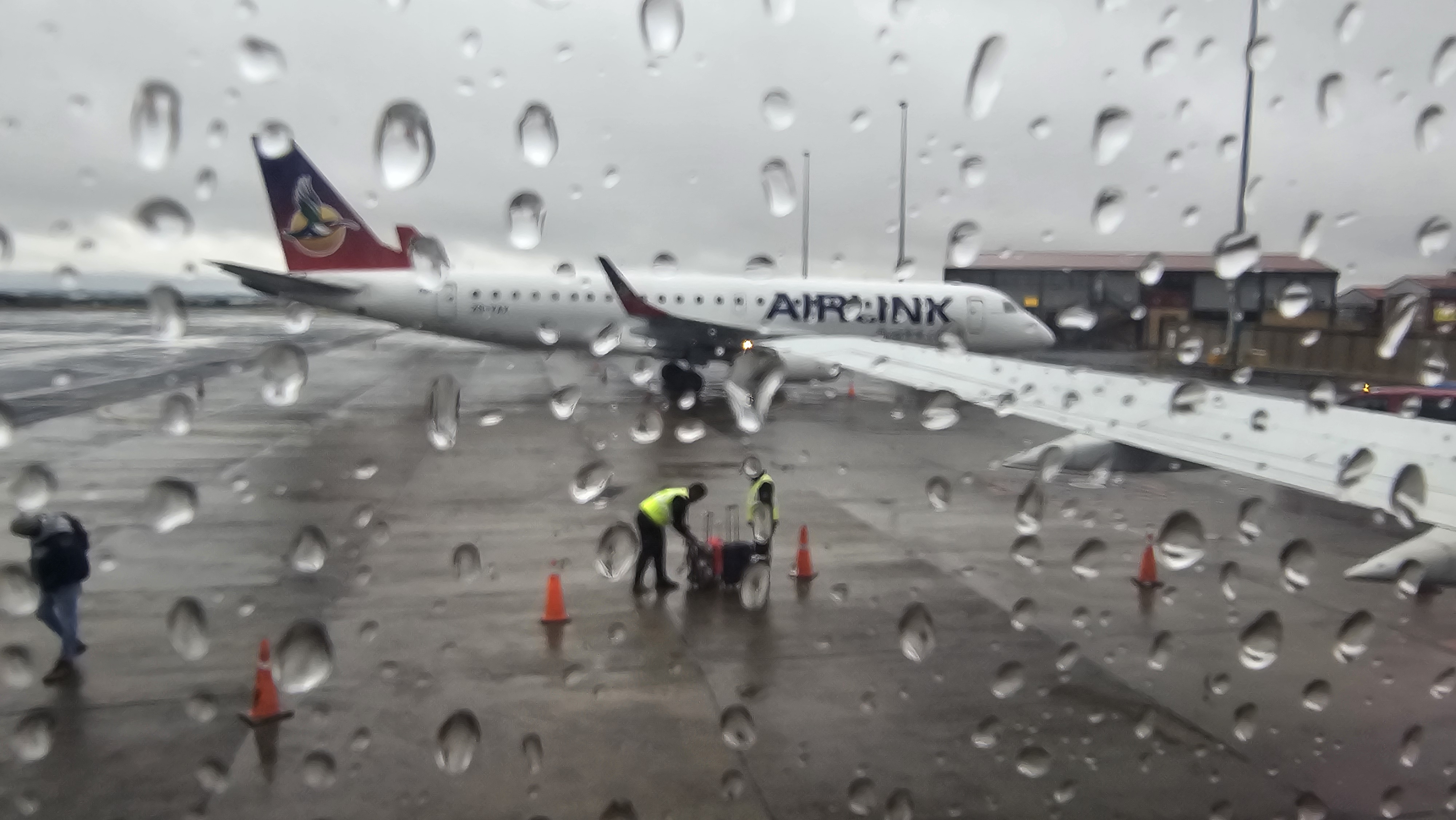Instrument flight procedures (IFPs) at multiple South African airports have been abruptly suspended due to overdue maintenance, forcing morning cancellations, flight delays and limited operational windows in low-visibility conditions.
The failure, driven by regulatory lapses at Air Traffic & Navigation Services (ATNS) under the Department of Transport, is affecting regional air connectivity and raising alarm about the state’s capacity to uphold aviation safety standards.
The most visible recent disruption occurred at Polokwane International Airport, where the Gateway Airports Authority Limited (Gaal) issued a media release on Sunday, 6 April confirming operational setbacks, attributing delays and cancellations to ATNS’s suspension of prescribed navigation procedures nationwide, with the greatest impact felt during early-morning, nighttime or bad-weather operations.
“We apologise in advance to any customers who are inconvenienced by this development, which is beyond Gaal’s control,” stated the authority in the release, adding that it was coordinating closely with airlines to minimise passenger disruption.
Read more: Aviation crisis: urgent action needed as South Africa’s air traffic system breaks down
Instrument flight procedures and airline safety
IFPs govern how pilots approach and land at airports in poor visibility and must be correctly designed in accordance with the International Civil Aviation Organization’s Procedures for Air Navigation Services – Aircraft Operations, updated regularly, and then formally approved by the South African Civil Aviation Authority (SACAA). IFPs cover every aspect of an airline flight, from takeoff to touchdown, regardless of weather and visibility. This is because all airline flights in South Africa (and in most countries that apply Civil Aviation Organization standards and practices) are legally required to be conducted under Instrument Flight Rules. So, takeoffs, ascent to cruising level, the cruise itself, the descent and approach have to all be flown in accordance with prescribed IFPs.
ATNS is responsible for maintaining and submitting these procedures for validation — and it is struggling to keep planes in South African skies.
The list of airports with approved IFPs includes OR Tambo International Airport (Johannesburg), Cape Town International Airport, King Shaka International Airport (Durban), Chief Dawid Stuurman International Airport (Port Elizabeth), Polokwane International Airport, Lanseria International Airport, George Airport and King Phalo Airport (East London).
While ATNS has confirmed that IFPs have been restored and approved at these major airports, regional airports remain without approved procedures, which means that flights can only be made to and from these destinations when there are clear visual conditions.
This causes delays and carries operational and financial risks to airline carriers — but most importantly, is a critical safety issue.
The most recent developments in this tale follow months of escalating concern, ranging from skills shortages and unmaintained infrastructure to repeated missed regulatory deadlines — which culminated in the suspension of 326 instrument flight procedures in 2024 alone.
Despite year-on-year budget increases, ATNS has failed to implement critical system upgrades or retain key personnel. A final regulatory extension granted to ATNS expires on Thursday, 10 April, raising the stakes for compliance.
Transport Minister Barbara Creecy has publicly acknowledged the depth of the crisis, referencing a damning internal audit and admitting that many high-risk findings were not resolved timeously.
“There is a process to implement remedial measures on all high-risk findings, which was concluded by the end of February, and medium-risk events will be attended to by the end of March,” she said during a media briefing on 17 March.
Airlines and aviation stakeholders, including the Airlines Association of Southern Africa (Aasa) and FlySafair, have condemned the situation.
Aasa CEO Aaron Munetsi has called the operational conditions untenable, while FlySafair’s Elmar Conradie attributed flight cancellations at King Phalo Airport to ATNS mismanagement.
ATNS has pledged to prioritise the restoration of IFPs at the remaining airports but has not issued a definitive timeline. The agency also confirmed the recent recruitment of 10 new air traffic controllers, suggesting an ongoing effort to rebuild internal capacity following skills shortages.
If you are considering taking a flight…
In Limpopo, the Free State and Northern Cape — where business and tourism rely heavily on reliable air links — the disruption to regional connectivity is more than an inconvenience. Morning business flights, in particular, are vulnerable to cancellations when navigation procedures are unavailable under foggy or low-light conditions. This also raises costs for travellers as airlines need to make up the cost of cancelled and delayed flights and routes. DM
What you can do
-
- Book flights for midday or early afternoon when visibility is typically better.
- Avoid early morning or evening flights, which are more vulnerable to cancellation due to low light or mist.
- Check airline websites or apps regularly for flight status updates.
- Sign up for SMS/email alerts from your airline for real-time notifications.
- Contact your airline before heading to the airport to confirm whether your flight is still operating.
- If you must travel urgently, ask about alternative routing via airports that have restored IFPs (like OR Tambo or Cape Town).
- Airlines may owe you compensation or rebooking options under consumer protection laws or their service policies.
- Request written explanations for delays or cancellations — this can help with travel insurance claims or refund requests.
- If travelling for important meetings, consider arriving the day before, especially if you're flying into smaller airports.
- Keep all receipts and documentation in case you need to file a claim.
- For regional travel (eg, Polokwane, Kimberley or Bloemfontein), consider intercity buses or shuttles, or car rentals.





